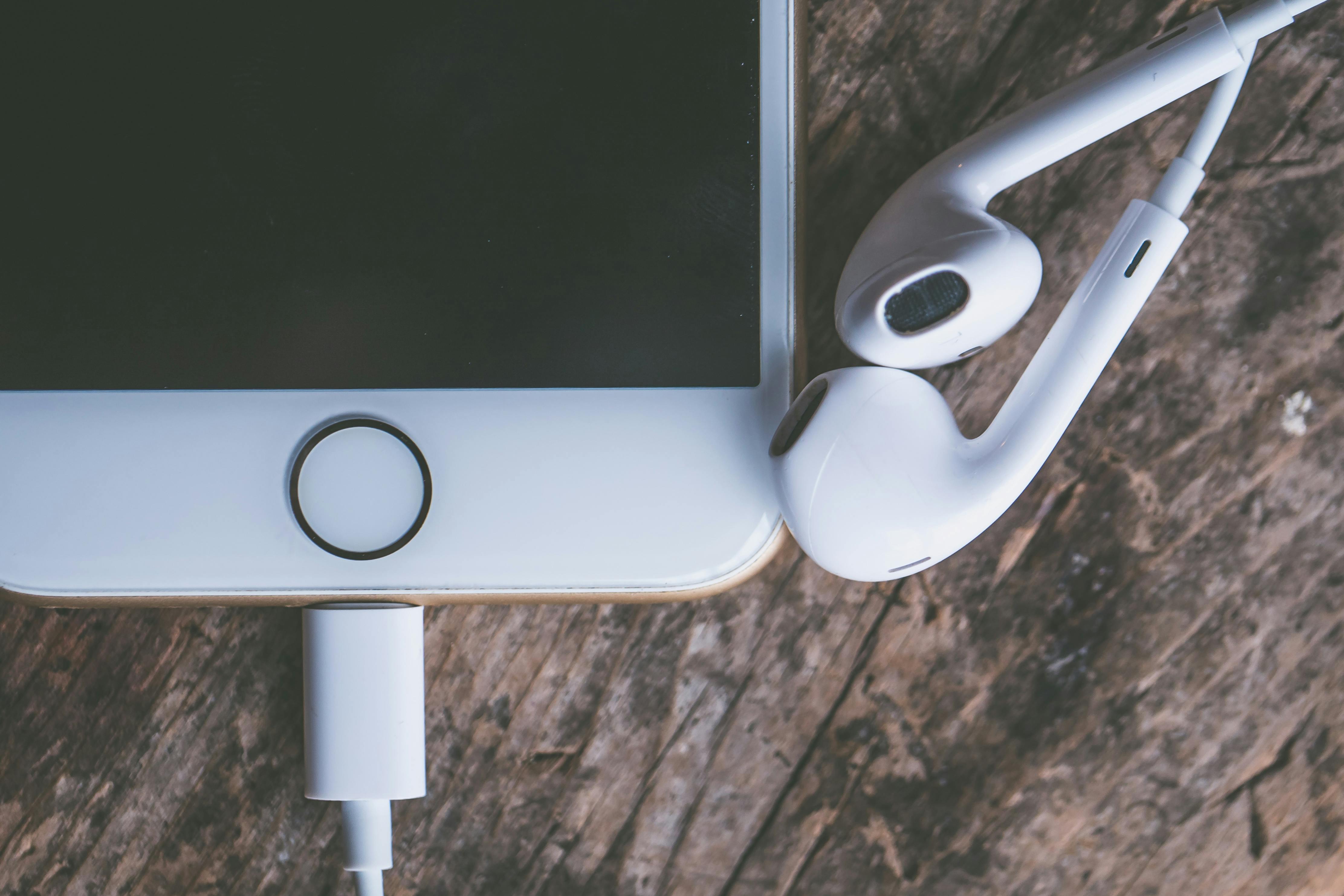In the connected world, where businesses grow like dandelions and anyone with a computer can upload video, audio and text content to share on the web, it is increasingly important to understand the potential legal risks faced by online businesses. .
Most Internet companies use some form of rich media on their websites, such as video or music. What most don’t realize is that even the smallest S-Corp can find themselves in trouble with the music industry if they don’t understand the basics.
The intent of this article is to focus on the use of production music (any music on your website that you did not personally create) and ways you can protect your business or yourself from copyright infringement.
What is production music?
Production music is music intended for use in connection with websites, films, corporate videos, television shows, commercials, Internet video, multimedia, and any other form of media that requires music.
If you’ve ever heard an ad on the radio, watched an infomercial, or heard menu music in a video game, then you’ve probably heard production music.
Production music libraries cover a multitude of genres, providing music for most tastes at different levels of quality. Traditionally, production music comes in shorter lengths. These lengths are typically 30 seconds, 60 seconds, and 90 seconds. Production music also comes in different variations known as full and abridged versions. The shortened versions are identical to the full versions, with the exception that one or possibly two of the main instruments have been removed.
Who uses production music?
Production music is most used by industry experts like video editors, producers, music supervisors, videographers, and creative directors. Although increasingly, it is being used by hobbyists for websites, podcasts, streaming video, and more.
How do I get a license?
Something called a Sync License or Sync License must be obtained for the music in question before it can be used in any audiovisual production, such as a film, TV show, TV commercial, video production, or website. .
Sync licenses come in all different shapes and sizes. Two of the most popular are the drop license and the general license. They are usually available through music production publishers such as Slynth (www.slynth.com).
How do I get a sync license?
Production music publishers generally license music in what is called a needle drop (also known as a drop license) or a blanket license.
A needle drop or drop license is a license that requires payment for individual songs. The prices of each song vary according to the type of production in which the song is used. The general rule of thumb when pricing Drop Licenses is: the larger the audience, the higher the price. (Rate sheets can be requested with Drop licenses.)
A general license is a license that allows the user a specified number of music selections or unlimited use of music selections in any given production. The distinction between a global license and a drop is that one drop is issued for one song, one blanket for many. Obtaining a general license involves dozens of variables, so it usually requires some negotiation. Places like radio stations or nightclubs will often require general licenses.
Is a sync license the same as a performance license (musician permission)?
Unfortunately, no, it is not. Obtaining a sync license does not exempt you from obtaining legal permission from the artist. And, since musicians are not known for their knowledge of the legal system, you might imagine that obtaining such a license would be quite difficult. Actually, the opposite is the case.
The reason for the relative ease of obtaining a performing license is that most musicians are represented by one of two agencies or “performing rights societies” that handle the legalese. These societies manage the rights of performers and make sure artists get paid when you play their songs in a “public” place.
Performance rights societies like ASCAP, BMI, and SESAC raise money for songwriters and publishers. These companies handle performance licenses and should be consulted before posting any completed work.
Who needs a performance license?
Anyone using copyrighted music in a public place, including television and radio stations and/or their networks, all new media, including the Internet and mobile technologies such as ringbacks and ringtones, satellite services such as XM and Sirius, discos , night clubs, bars, restaurants. , hotels and other places. This includes digital jukeboxes and live concerts. Everyone must obtain a running license.
What if I don’t have a performance license?
Users of production music are in danger of copyright infringement without a license from a performing rights organization. If you are an individual with a small audience and no real money (i.e. not a business), then you are less at risk of being sued for copyright infringement.
However, if you are an individual with a large audience or you are a business or organization and do not obtain the proper license, be prepared to hire an attorney.
The basic rule of thumb with rich media on your website is this: if you’re going to use unlicensed audio, make sure no one sees it. This can be an unwieldy rule for most webmasters, as the purpose of internet business remains to be seen. Although it is much more expensive than “free”, the best option for sites with large audiences is to be safe and buy the required licenses.
